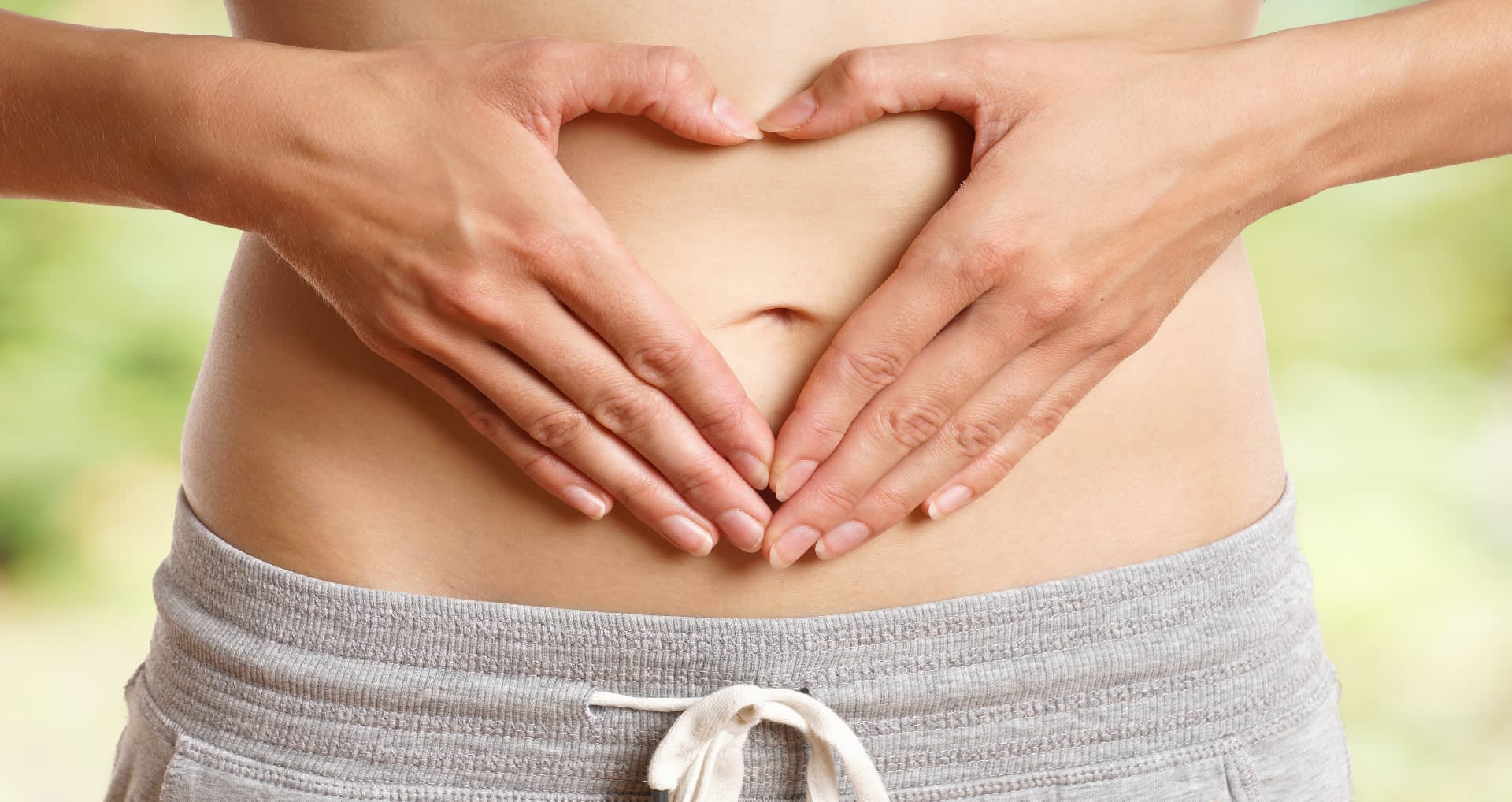
Gut Health Check
$449 AUD
There are medical explanations and labels for many gut problems, but the big exception is Irritable Bowel Syndrome (IBS). Since many gut disorders have similar symptoms to IBS, ruling out a more serious underlying gut disease is an important first step. That's why we've designed this comprehensive panel of tests which screens for all the usual suspects.

Unpacking your Irritable Bowel
IBS affects over 20% of Australians with a long list of all too familiar and awkward symptoms that include abdominal pain, cramping or discomfort, bloating, diarrhoea and/ or constipation, mucus, excess wind, and indigestion. Only recently have we begun to unpack the mysteries of IBS. Whilst we don't yet know exactly what causes it, a number of causal factors have been put forward, which range from genetics, the immune system, the microbiome and infections, to diet, stress and even mental health. Since many gut disorders have similar symptoms to IBS, ruling out a more serious underlying gut disease is an important first step in troubleshooting the irritable bowel.
What we test
Faecal Macroscopy
Macroscopy looks at stool colour and formation, as well as for evidence of mucous or blood which may require further investigation.
This stool test measures:
Digestive & Metabolic Markers
Microscopy is performed for detection of blood cells which may indicate infections or inflammation, as well as markers of maldigestion. The presence of food remnants may indicate poor digestion from too little gastric acid or reduced output from the pancreas.
This stool test measures:
PCR Test - Bacteria
Technology for detecting parasites and other pathogens has improved dramatically since 2013. This PCR (polymerase chain reaction) test looks for the genetic fingerprint of a wide range of pathogens. This is a far more sensitive test than the old fashioned technique of looking through a microscope.
This stool test measures:
PCR Test - Parasites
Technology for detecting parasites and other pathogens has improved dramatically since 2013. This PCR (polymerase chain reaction) test looks for the genetic fingerprint of a wide range of pathogens. This is a far more sensitive test than the old fashioned technique of looking through a microscope.
This stool test measures:
Ova, Cysts and Parasites
This microscopic evaluation is used to look for parasites that have infected the lower digestive tract. The parasites, or their eggs or cysts can be detected under the microscope.
This stool test measures
Beneficial Bacteria
Significant numbers of bacteria are normally present in the healthy gut. Lactobacilli and Bifidobacteria in particular, are essential for gut health because they help to inhibit gut pathogens and carcinogens, control pH, reduce cholesterol and synthesise vitamins.
This stool test measures:
Opportunistic Bacteria
Our gut bacteria can be divided into ‘bad’ and ‘good’. The good ones for the most part benefit us, whreas the bad 'pathogenic' ones can cause disease. Pathogens are usually present in small quantities in the microbiome, however in excessive amounts they can have adverse effects on the body. The beneficial bacteria of the microbiome have a protective function against colonisation by pathogenic bacteria.
This stool test measures:
Yeasts
This test looks for evidence of candida or other yeast overgrowth. Whilst yeasts are a normal inhabitant of the gastrointestinal tract, they may become an opportunistic pathogen after disruption of the mucosal barrier, imbalance of the normal intestinal flora or impaired immunity. This can be caused by things like antibiotics, antacids and stress.
This stool test measures:
Gut Inflammation
These tests are used to detect inflammation in the body, which may be caused by Inflammatory Bowel Disease (such as Crohn's or ulcerative colitis).
This blood and stool test measures:
Coeliac Marker (tTGA)
People with coeliac disease who eat gluten have higher than normal levels of tissue transglutaminase antibodies in their blood. These antibodies are produced by the immune system because it views gluten - the proteins found in wheat, rye and barley - as a threat. This gluten intolerance test is positive in about 98% of patients with coeliac disease who are on a gluten-containing diet.
This coeliac serology test measures:
Nutrient Malabsorption
If the intestines can't absorb nutrients then they are eliminated from the body in the stool. This can happen when there's damage to the intestine, as well as the amount of time available where nutrients can be absorbed from food as it passes through the gut.
This blood test measures common nutritional deficiencies associated with malabsorption:
Pancreatic Function
Proteins, fats, and carbohydrates are broken down by stomach acids, enzymes produced by the pancreas, and bile from the liver. This process also releases micronutrients. This blood test measures the levels of enzymes produced by the pancreas.
This blood test measures:
Liver Function (LFTs)
Your liver processes drugs and alcohol, filters toxic chemicals, stores vitamins and minerals, and makes bile, proteins and enzymes. This liver function test examines enzymes and other markers for evidence of damage to your liver cells or a blockage near your liver which can impair its function.
This liver function test measures:
Kidney Function
This panel of tests is used to detect electrolyte imbalances that could be impacted by malabsorption and diarrhoea.
This blood test measures:
Test instructions

This test includes both a blood test and stool test. For the blood test, take your form to one of our affiliated collection centres for your blood draw.

Fast from all food and drink (other than water) for at least 8 hours, and no more than 12 hours prior to your test.

Your test kit for your stool sample and all instructions are posted directly to you.
Ready. Set. Go!
for $449
You may also be interested in
4 Pillar Platinum Gut Health Check
91 tests included
$1100 AUD
This is our most comprehensive gut health panel which includes a Complete Microbiome Mapping, a Food Intolerance Check, the Intestinal Permeability (Leaky Gut) Check, and also a SIBO breath test.
Complete Microbiome Mapping (PCR) - GI Map
91 tests included
$569 AUD
The panel is a comprehensive collection of microbial targets as well as immune, inflammation and digestive markers. It screens for pathogenic bacteria, commensal bacteria, opportunistic pathogens, fungi, viruses, and parasites.
SIBO - Lactulose + Glucose + Fructose
3 tests included
$329 AUD
If the small intestine becomes overgrown with bacteria it can lead to malabsorption of key nutrients and symptoms of irritable bowel syndrome. Find out more with a simple breath test.